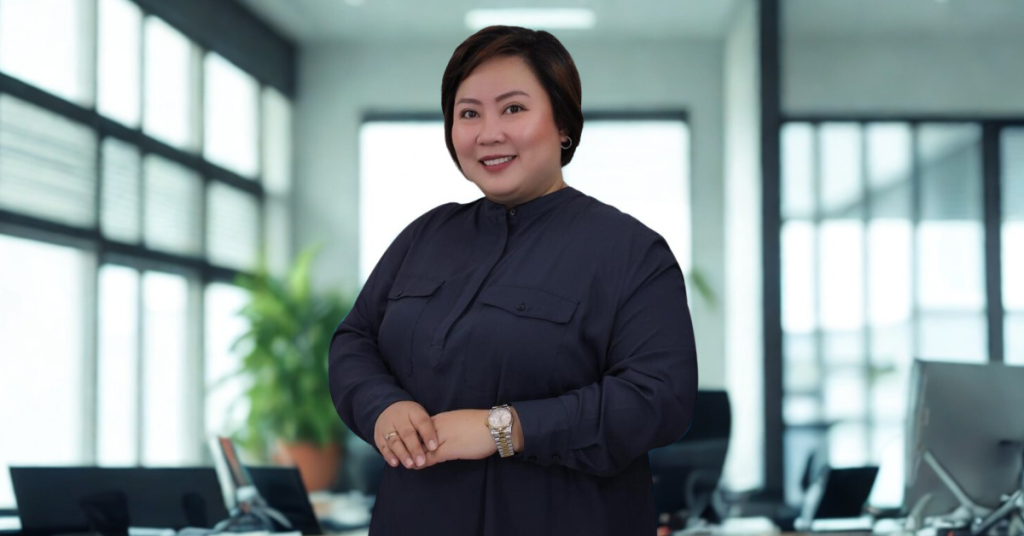For many people, the term “HR” brings to mind handbooks, contracts, and company rules. But for Eldee Africa-Villapando, a Certified Human Resource Professional (CHRP), that’s only the surface.
“Beyond policies and processes,” she explains, “HR is about creating an environment where people feel seen and supported.”
That mindset has shaped her entire approach to leadership—and it’s changing the way organizations think about what HR can and should do.
From Compliance to Contribution
Eldee’s career in human resources began modestly, with an entry-level agency role handling employee records. But it was in her next position at a manufacturing firm—where she rotated through labor relations, recruitment, compensation, and development—that her outlook shifted.
She saw firsthand how HR decisions affected not just the company’s operations, but its people.
“I realized I wasn’t just there to enforce,” she says. “I was there to contribute—to people’s growth, to team dynamics, and to the culture.”
Over time, she started championing initiatives that helped people grow in their roles. From onboarding programs that set employees up for success to leadership coaching that helped high-potential individuals find their voice, Eldee’s goal became clear: empowerment over enforcement.
The Power of a People-First Philosophy
Instead of focusing solely on policy compliance, Eldee advocates for what she calls a people-first HR mindset. It’s a philosophy that centers on listening, coaching, and creating opportunities.
“HR should be a platform for growth,” she says. “When you invest in people, they don’t just do their jobs—they take ownership of their roles.”
This approach has made her a trusted business partner to leadership teams. “I work with leaders to shape a culture where people feel safe enough to learn, bold enough to lead, and resilient enough to grow.”
And when people grow, she adds, “the business grows with them.”
Certification That Strengthened Her Role
To further sharpen her skills and credibility, Eldee pursued the Certified Human Resource Professional (CHRP) program in the Philippines. She saw it not just as a title, but as a way to bring more structure and strategic thinking to the way she empowered others.
“CHRP helped me align people development with business outcomes,” she explains. “It made me more confident in suggesting programs, evaluating performance, and backing up initiatives with data.”
And more than that, it reinforced her belief that HR is a critical force behind team success—not just a rulebook in human form.
Advice for HR Professionals and Business Leaders
Eldee’s advice to fellow HR practitioners? Shift your focus from enforcement to enablement.
“Don’t just manage—they’re not files, they’re people,” she says. “When employees feel valued, supported, and empowered, they perform at a higher level and stay longer. That’s not just good HR—that’s good business.”
![]()



